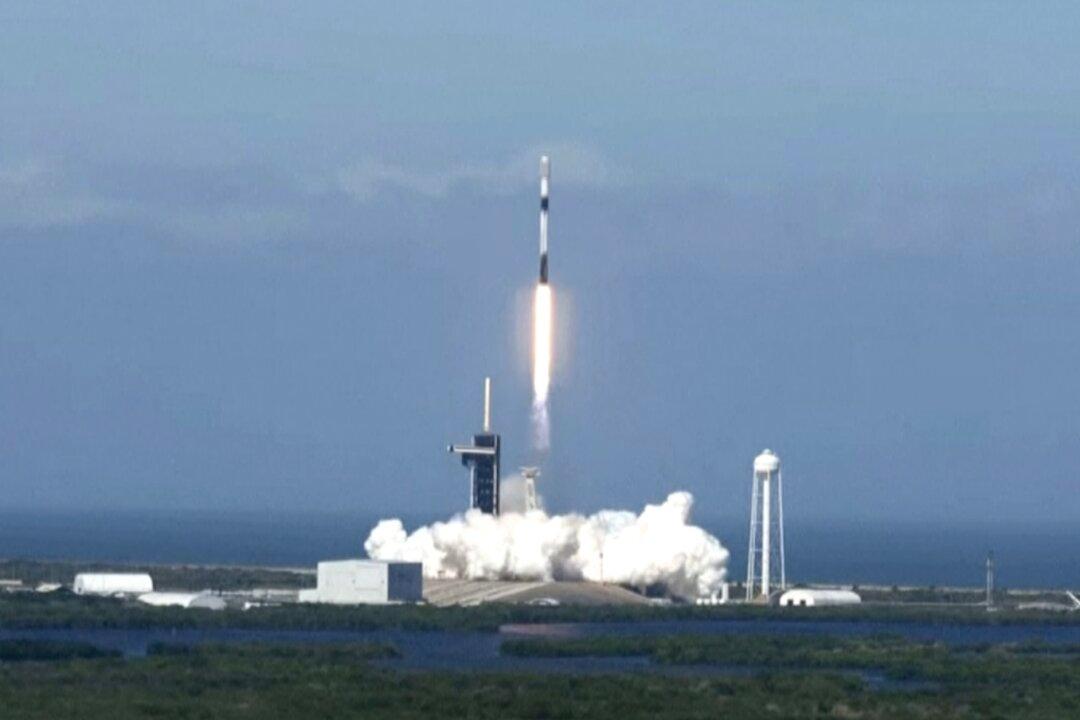Elon Musk’s SpaceX has announced that it would expand its Starlink satellite system into the military sphere with a new national security line called Starshield.

A Falcon 9 rocket carrying a batch of 49 Starlink satellites launched at Kennedy Space Center in Cape Canaveral, Fla., on Jan. 3, 2022, in a still from video. SpaceX via AP/Screenshot via The Epoch Times




